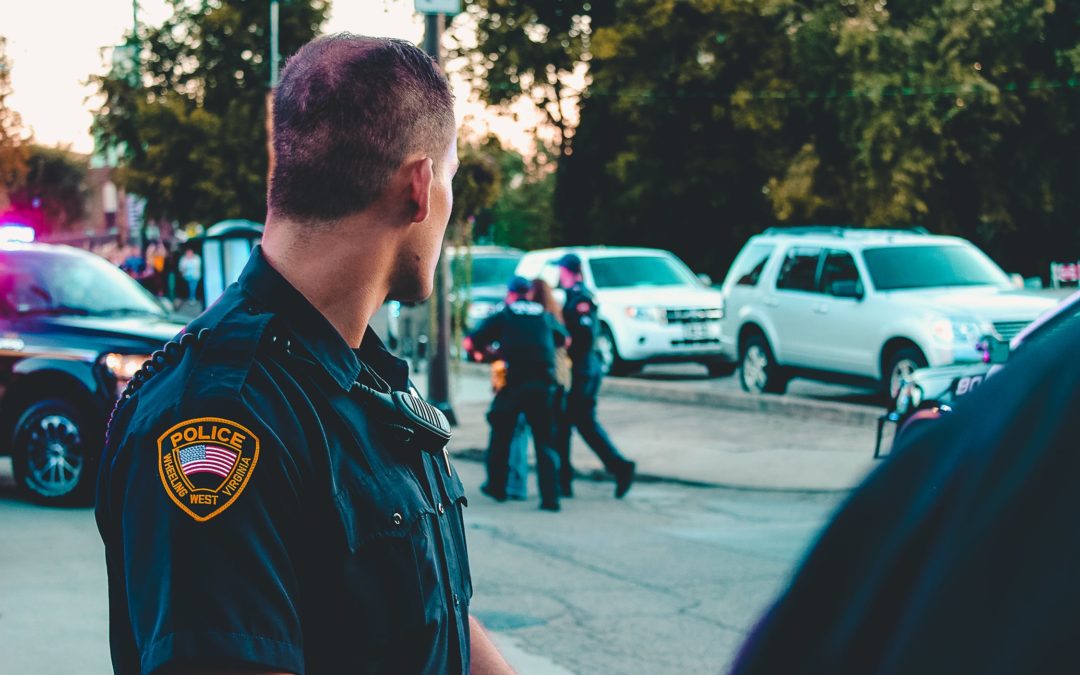With summer holidays returning, Denton Texas drivers will likely notice DWI/DUI checkpoints along Texas roads and highways. DWI checkpoints are roadblocks operated by law enforcement to check the sobriety of every driver who passes through the checkpoint. These roadblocks are typically set up during major holidays, such as New Year’s Eve and Fourth of July, when impaired drivers are most likely to be on the road. Law enforcement must communicate the location and time of the roadblock to local media outlets so that the public may be made aware of the DWI checkpoint.
DWI checkpoints allow law enforcement to take a breath test (“breathalyzer”) of anyone they reasonably suspect is intoxicated or otherwise impaired due to drugs or alcohol. Law enforcement determines reasonable suspicion through the presence of bloodshot and/or watery eyes, the smell of alcohol, and slurred speech. However, police operating the checkpoint will usually submit the driver to a field sobriety test, consisting of balance and coordination exercises, before submitting the driver to a breathalyzer. Additionally, law enforcement may use these roadblocks to see if drivers are driving on a suspended or revoked license, or if the driver has any outstanding arrest warrants. It is not recommended that drivers turn around and drive away from a DWI checkpoint as this may create a reasonable suspicion within the officers conducting the roadblock. Therefore, it may actually be more advantageous for drivers to consent to checkpoint stops and challenge the charges later with the assistance of counsel.
Are These Roadblocks Valid?
DWI checkpoints have been challenged for violations of the Fourth Amendment of the Constitution, which prohibits illegal search and seizures. The constitutional challenges contend that DWI checkpoints operate as an illegal search. As such, not all states conduct field sobriety tests. The United States Supreme Court has upheld DWI checkpoints as constitutional if: (1) the state shows an interest in protecting the driving public from drunk drivers; (2) the amount of intrusion upon the driver is as minimal as possible; and (3) the state can show the DWI checkpoints do work to ensure public safety.
Texas has NOT approved DWI checkpoints. Specifically, the Texas Court of Criminal Appeals held in 1991 that such checkpoints violated Texas drivers’ Fourth Amendment rights and were therefore unconstitutional. Many other states, however, do allow DWI checkpoints and Texas drivers should be aware of this if traveling out of state during major holidays. Texas’s neighboring states, Oklahoma, Louisiana, New Mexico, and Arkansas, all allow and conduct sobriety checkpoints. The bottom line is that Texas drivers should be aware that all neighboring states, and many others, do allow and enforce DWI checkpoints.
Texas does allow detention by an officer and a breathalyzer if the officer has reason to believe the driver was committing a traffic offense or was driving while intoxicated. If the police then suspects a driver was drinking because of a failed field sobriety test or other observable factors, then the driver will have to take a breathalyzer or blood test. If the driver refuses to submit to the breathalyzer or blood test, the failure can be used against the driver as a negative inference in the criminal trial.
Denton DWI Checkpoints
DWI checkpoints are different than no refusal weekends which are legal in Texas. No refusal weekends allow officers to enforce that a driver take an alcohol or drug test when pulled over. If the driver refuses, the police can bring the suspected impaired driver to a police station for a blood test.
If you or someone you know has been charged with drunk or impaired driving pursuant to a DWI checkpoint, please call the law office of Attorney Daniel Peugh so that we may assist you. Quality representation is needed in order to challenge the legality of your DWI or DUI charge as a result of a sobriety checkpoint. It is important that you engage the services of an experienced and proven Texas criminal defense firm in order to achieve the best possible results in your case. Your rights and liberties are important and need protecting. Contact us today to schedule an appointment and learn how we can help you.





